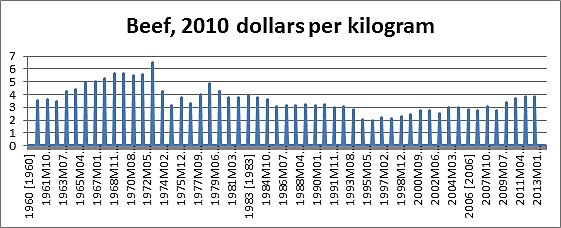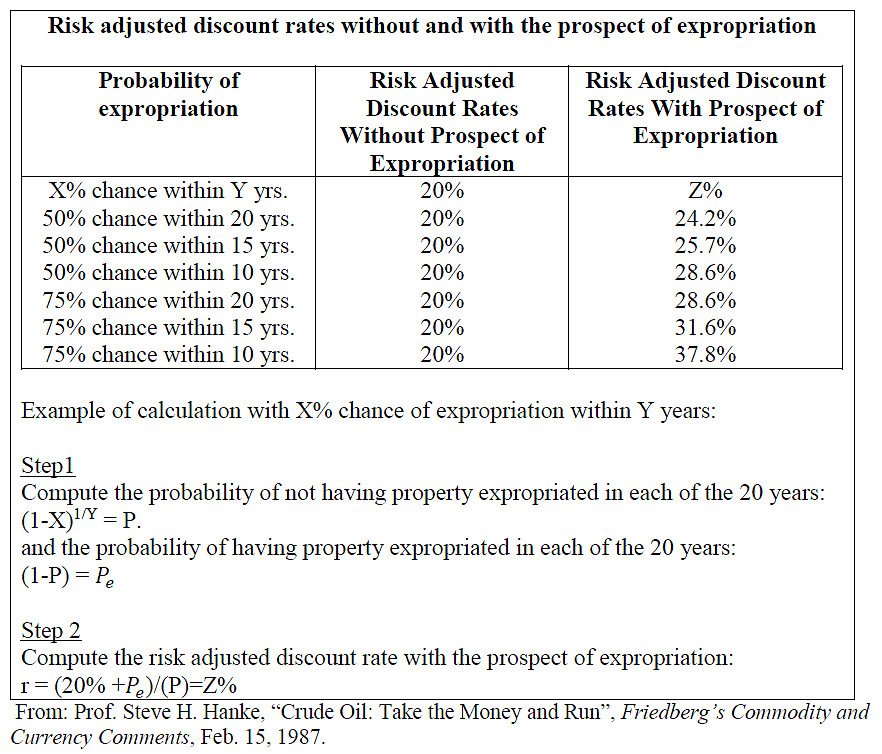The Rim of the Pacific Exercise recently concluded in waters near Hawaii. For the first time China joined the drills. It was a small but positive step for integrating Beijing into more international institutions.
RIMPAC started in 1971. This year there are 23 participants, including the People’s Republic of China, which explained that the maneuvers are “an important mission of military diplomacy” and a means to strengthen “friendly relations with countries of the South Pacific through public diplomacy.”
Beijing’s participation comes at a time of significant regional tension. The PRC’s more aggressive stance in asserting its territorial claims in the South China Sea and Sea of Japan have led to dangerous maritime confrontations.
RIMPAC offers an opportunity to create some countervailing pressure in favor of a less threatening regional naval environment. At the political level inviting Beijing to participate demonstrates respect for China’s increased military power and international role. Doing so also counters the charge that Washington is seeking to isolate and contain the PRC.
Moreover, inclusion hints at the benefits for Beijing of a civil if not necessarily friendly relationship with its neighbors as well as America. No doubt, the direct pay-off for China from RIMPAC is small.
But to be treated as an equal and regular participant in international affairs is advantageous. Although any great power must be prepared to accept unpopularity when necessary, in general a friendly environment is more conducive to ensuring both peace and prosperity.
Military cooperation also is important. Beijing can play a more important role in peacekeeping, anti-piracy patrols, counter-proliferation searches, search-and-rescue efforts, and other international operations. This demonstrates to Chinese naval officers that there are missions other than challenging the U.S. or other states as enemies.
The PRC’s participation in RIMPAC also will provide some valuable human interaction among naval personnel. It is harder to hate an entire people when you’ve had a drink with individuals.
Of course, participation in one or more military maneuvers is not enough to maintain the peace, especially when the respective governments have been only too willing to play games of international chicken over emotional claims to territory. But including the PRC can be seen as an aspect of a larger allied strategy of inclusion.
Today Beijing remains a revisionist power, determined to overturn past decisions seen as unfair and unreasonable. Its challenges likely will ebb only if it perceives the cost of acting to be greater than the benefit of the status quo, or at least a more modest reform course achievable through negotiation.
Costs already are rising for China as Japan begins to take a more active military role and affected countries attempt to pull Washington more directly into their affairs. At the same time, the U.S. and the PRC’s neighbors should think creatively about other activities and organizations which might entice greater Chinese involvement.
The more invested the PRC in the existing order, the less likely Zhongnanhai’s residents would be to risk disrupting the system. To the extent the People’s Liberation Army and other services can be shown the benefits of peaceful cooperation, so much the better.
Of course, a little friendship diplomacy cannot close the gulf between China and America. But the best sales force for America tend to be Americans, including in the military—at least when participants are not shooting at each other, of course.
As I point out in my latest article on China-US Focus: “The U.S. and China’s neighbors increasingly look at Chinese naval vessels as a threat. However, RIMPAC showcases them in a different role. It will be up to Beijing, its Pacific neighbors, and the U.S. to find other opportunities to further invest the PRC in the existing geopolitical order.”
Doing so won’t be enough to keep the peace in the decades ahead. But it would nonetheless be useful step in the right direction.









